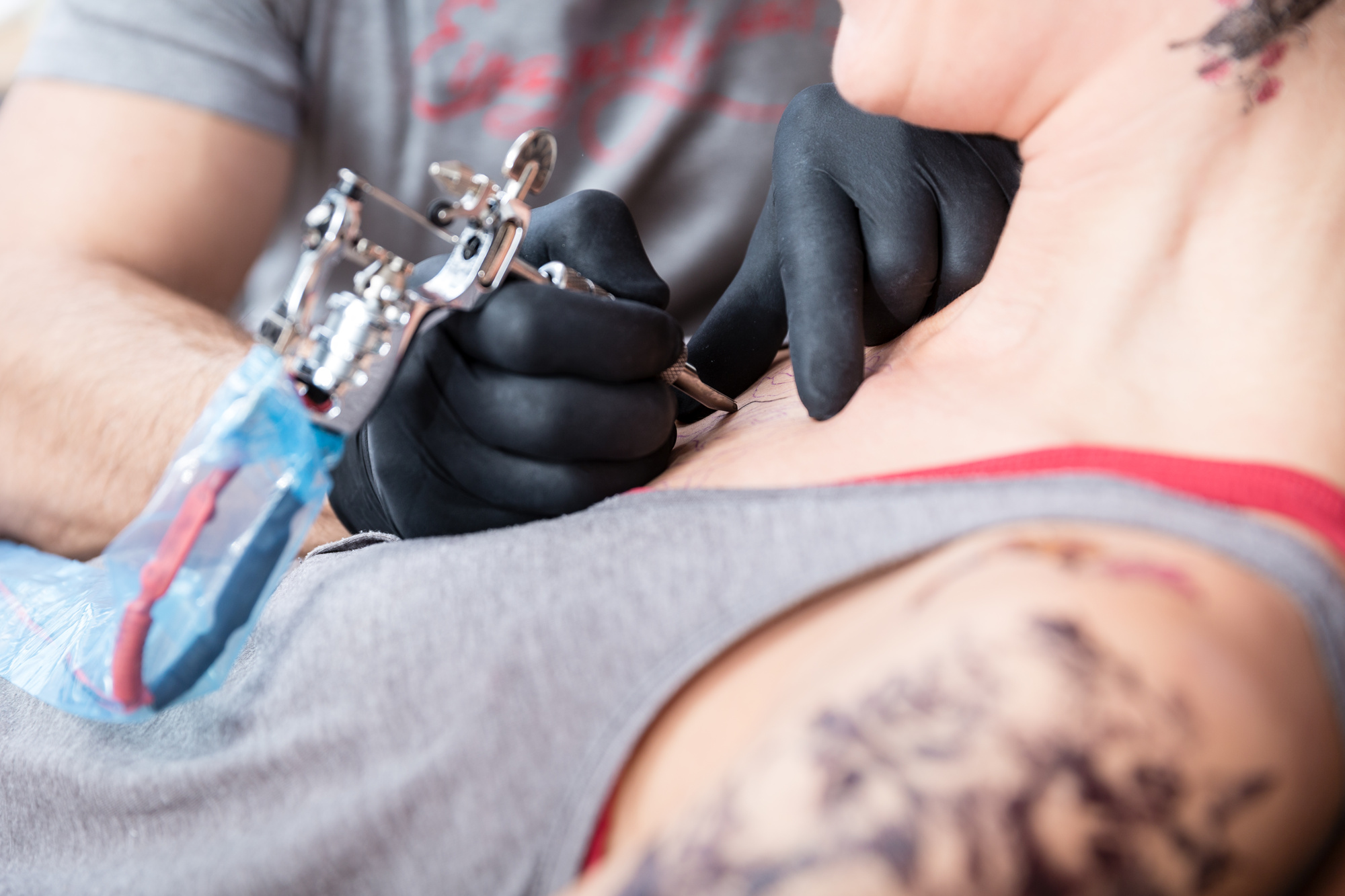Being a tattoo artist is a dream job for many people seeking a lucrative career path with a wide range of diverse options. If you can secure a tattoo apprenticeship, this could be the first step to qualifying as a trained professional who can work with clients all around the world.
But, how easy is it to get your foot on the ladder? There is strong competition from others who value the potential freedom of this attractive job, and there are a limited number of artists willing to take on trainees. Fortunately, there are several steps you can take to increase your chances of landing one of these coveted roles.
Let’s dive in and find out what you can do to stand out from the crowd and become a tattoo apprentice.
1. Create a Solid Portfolio
When setting out on your career as a tattoo artist you may not have many examples of your work. While this is understandable, it’s also important not to ask for an apprenticeship without having some evidence of your ability. You can create sample pieces in your spare time that display your talent such as your understanding of how colors work with each other.
While you can use tools such as Photoshop, employers may also want to see how well you can draw. For example, do you have confidence with techniques such as line and shading? Try to create a variety of examples in your portfolio to show you have wide-ranging abilities. If you can only draw one picture well, this may not be enough to become a successful tattoo artist.
2. Choose the Right Shop
When considering how to get a tattoo apprenticeship, many aspiring artists only consider what they need to do to impress a potential employer. But, this is far from the case. You also need to think about the kind of apprenticeship you can expect to receive from a qualified professional.
Some artists may not be good teachers, so it’s vital to evaluate their communication skills. You may also come across some disreputable tattooists that only want to use apprentices for cheap labor.
In some cases, you may be asked to pay for your training. While this could be fine if you will get a good education, you may find some shops use this as an extra income source while providing little in return. It’s a good idea to look for online reviews and to ask around locally before agreeing to an apprenticeship.
3. Be Willing to Learn
One helpful requirement to becoming a tattoo artist is to be open to new ideas. You may already have a style, and this may be difficult to change. But, if your mentor provides a good reason to amend your technique, then you should at least consider their advice.
It may be the case that you disagree with your mentor and decide an apprenticeship is not for you and you’d prefer to learn through a different route. This is a personal choice and there is no right or wrong way on your journey to becoming a tattoo artist. If you’d like to consider an alternative option, you can find more information here.
4. Be Prepared to Make Sacrifices
You may begin searching for a shop by searching for terms such as ‘tattoo apprenticeship near me.’ But, you could find you need to travel considerable distances to train with an experienced professional. This could even involve moving away from home during your apprenticeship.
Even when you settle into your new role, you may need to perform many tasks that don’t seem related to learning your trade. For example, you could be the one who makes all the tea, and you might be the person who does most of the cleaning in the shop. As you become more experienced you’ll spend less time on these jobs, and more time practicing your art.
5. Show You Are Professional
When seeking the best tattoo apprenticeship, you need to put your best foot forward. Because the tattoo scene is artistic, and people don’t turn up to work in suits and ties, some people get the impression that it is a relaxed environment that doesn’t involve hard work. But, tattoo artists are professionals who treat their jobs seriously.
If they make mistakes, these can be permanent additions to someone’s skin, so they need to stay focused and produce their best work every day. It’s important that a potential mentor knows you share these values and will be professional at all times.
6. Get Recommendations
It can be useful if you have recommendations from others in the industry. While you will not have tattooing experience, others can vouch for your drawing ability and your approach to your craft. Even if you do not know local artists, you can join online communities. You could also create a portfolio on a site like Instagram and direct others to your work.
By communicating with established artists, you can show them your talent, make insightful comments, and become a respected figure in the group. If you’re lucky, you could even meet someone who owns a shop and is looking to take on an apprentice.
Decide If a Tattoo Apprenticeship Is Right for You
Whether you decide to apply for a tattoo apprenticeship or to follow a different path, you can develop your skills and take the next step towards becoming a qualified professional. While there is the opportunity to earn a substantial income, you can also travel the world while working. You can enjoy meeting many other enthusiasts who share your passion for this specialized art.
If you’ve found this post useful, be sure to check out more great articles in our Career section before you go.
